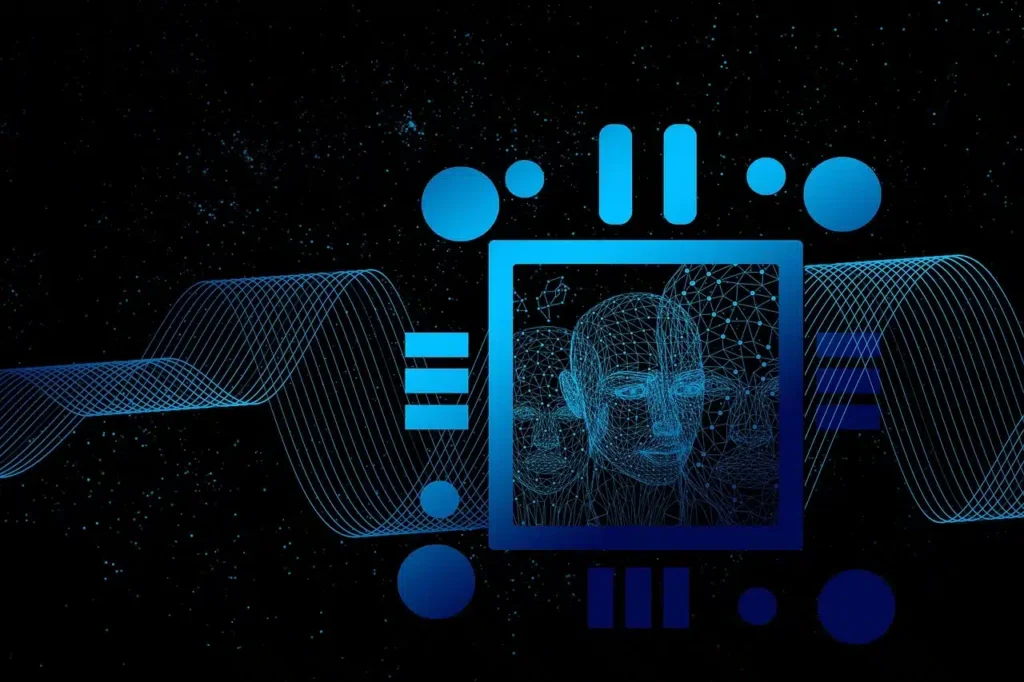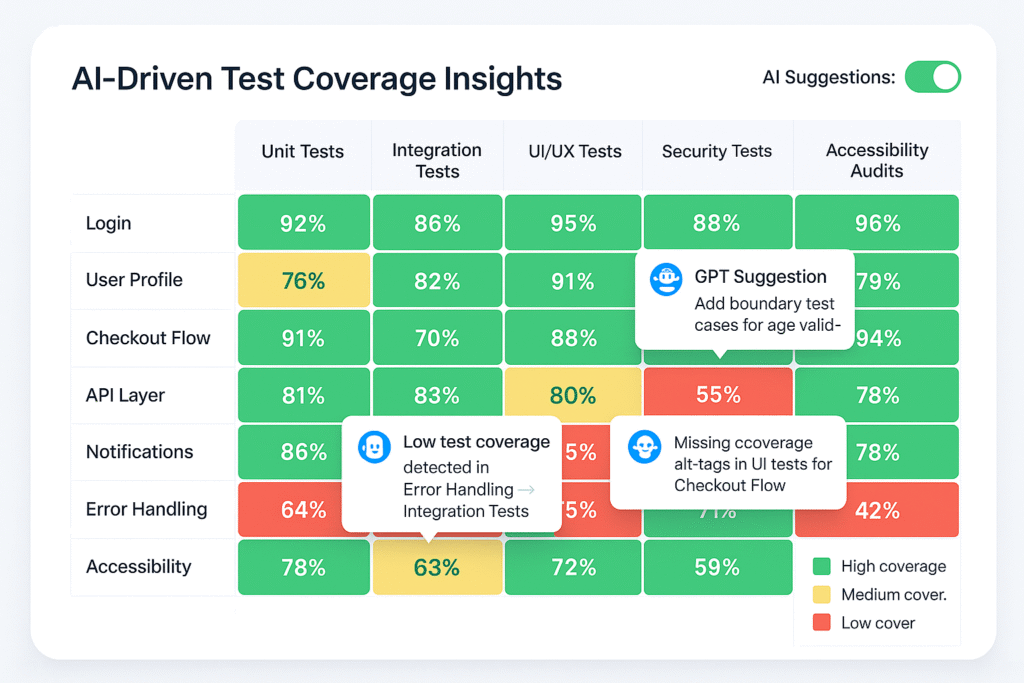
Ministry of Electronics and Information Technology (MeitY) in India, along with CERT-In and cybersecurity firm SISA, has launched a whitepaper titled “Transitioning to Quantum Cyber Readiness.”
The paper aims to guide India’s transition towards quantum-safe cybersecurity and reinforce the country’s digital infrastructure against emerging threats posed by quantum computing.
But Why Now?
India has made tremendous progress in becoming a digital-first economy. From digital payments to public service delivery, the country has embraced online platforms faster than most. But this digital surge brings with it a rising risk, especially with quantum computing around the corner.
Quantum computers, unlike traditional ones, can perform extremely complex calculations in record time. This capability can also be used to break the encryption standards we currently rely on, like RSA and ECC. In simple terms, the locks we have been using to protect our digital data might soon be useless.
The launch of this whitepaper couldn’t have come at a better time.
What the Whitepaper Offers
The whitepaper outlines a clear roadmap for Indian organizations, public and private alike, to begin preparing for this shift. It covers:
- How quantum computing could affect current cryptographic systems
- The vulnerabilities in India’s digital and national security infrastructure
- Migration strategies towards quantum-resistant algorithms
- How to integrate new encryption methods without disrupting existing systems
This isn’t just a technical guide, it’s a call to action. The paper urges all stakeholders, especially those handling sensitive data or operating in sectors like finance, healthcare, and national security, to start preparing today.
At the launch event in New Delhi, S Krishnan, Secretary, MeitY, summed up the urgency well. He said, “Quantum readiness is not optional anymore—it’s a strategic necessity. As we move deeper into the realms of AI and digital transformation, our ICT infrastructure must be resilient and future-ready. This whitepaper provides a foundation for that.”
This statement highlights a broader shift in the government’s approach, moving from reactive to proactive cybersecurity.

Collaboration is Key
Cybersecurity today isn’t a one-agency job. It requires a whole ecosystem approach. Recognizing this, CERT-In and SISA have joined hands to combine strategy with field expertise.
Dr. Sanjay Bahl, Director General of CERT-In, shared his thoughts, “We understand that quantum computing will change the way cyber threats appear. We have to start upgrading our defenses now. This partnership with SISA shows what public-private collaboration can achieve.”
CERT-In plays a vital role in managing India’s cyber threats, from issuing advisories to coordinating incident responses. Their involvement gives the initiative both credibility and momentum.
Impact on Regulated Sectors in India
One of the strengths of this whitepaper is its relevance to sectors that are tightly regulated and data-sensitive, like BFSI (Banking, Financial Services, and Insurance), healthcare, and government services.
These sectors are more exposed to risks because they deal with large volumes of sensitive data and cannot afford disruptions. The whitepaper offers them actionable steps to begin assessing their current security frameworks and identifying weak spots vulnerable to quantum threats.
It combines practical technical advice with a broader message: cybersecurity is not just about tools, it’s about culture and awareness. This makes the paper not only a guidebook but also a mindset-shifter.
More than just a technical upgrade, transitioning to quantum-safe cybersecurity is about changing how we think about digital safety. It requires organizations to look ahead, anticipate new kinds of threats, and build defenses before the first breach happens.
This whitepaper is a step in that direction. It not only lays down the framework for future policies but also encourages every stakeholder to take charge of their own cybersecurity readiness.
What’s Next?
The whitepaper’s release sets the stage for several follow-up actions. These could include:
- Policy updates for critical infrastructure
- Industry-specific workshops and training programs
- Funding and support for R&D in quantum-safe technologies
- Cross-border partnerships to ensure global cyber resilience
India is signaling that it’s not waiting for threats to emerge, it’s preparing for them well in advance.
Conclusion
India’s move to address quantum cybersecurity challenges head-on shows both foresight and leadership. While quantum computing may still be in its early days, its impact on cybersecurity is already being felt.
This whitepaper is more than a document, it’s a wake-up call for businesses, government bodies, and tech leaders. The message is clear: get ready now or risk being left exposed later.
Source: Read More



